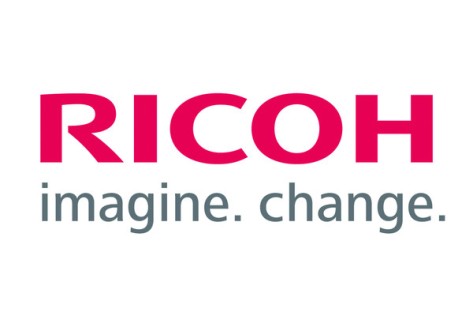
By providing managed print services (MPS) you can promise big savings, not simply by cutting down on the number of documents your client’s print but also by reducing the total time their IT departments spends on print-related issues.
Any business large or small, but especially small and medium-sized businesses (SMBs), want to get the full value of their investment. This means they are looking for a partner who, along with knowing the ins and outs of MPS, will take the time to understand their business and identify opportunities to streamline their document processes.
1 How do you identify opportunities for saving time and money?
As much as we would like it to be, MPS is not a one-size-fits-all solution. That’s why you need to be able to show how you can size up the needs of your client. The first step is to choose a vendor who can provide easy to use analytical tools so that you can tell your client how much time and money they are spending to print, scan and manage documents.
Prospects will be looking for you to demonstrate that you have experience delivering MPS solutions. Make sure you build up a selection of client references. Put a process in place to ask for, and collect client feedback that you can use as a reference. Since you’ll need permission to use them, have this in place first.
Be sure that you include before and after numbers so that you can demonstrate efficiencies. Working with a vendor who is a leader in MPS will help.
3 Can you improve document workflow?
Businesses today rely on both hard copy and digital documents. Depending on the workflow, digital documents need to be printed, hard copy documents need to be digitized, and sometimes both. Be sure to share how well you can integrate digital and hard copy processes so that information flows smoothly, predictably and efficiently through your client’s organization.
4 How well can you integrate into existing IT infrastructures?
Be prepared to show exactly how your managed print solution integrates into your client’s current IT infrastructure. How much of their existing investment will it leverage? Can you allow them to connect seamlessly to the cloud applications they use? Will it make mobile printing easy?
5 Can your MPS offering grow with them?
This is a big investment for any business, so be prepared to show how you can meet your client’s needs for the next six months, the next year – and beyond. How easily and quickly can they change or upgrade – and what are the costs for making those changes? You need to be able to demonstrate that their investment is future-proofed.
6 Can you guarantee their data is safe and secure?
According to the Quocirca study – Managed Print Services Landscape, 2015 (Summary Report), 82% of U.S. companies indicated that have had a paper-related data loss. You’ll have to forgive your client for being a little paranoid!
With more than 50,000 new security threats emerging worldwide each day, and a growing number of them targeted at printers and multifunction printers you’ll be expected to show a plan that includes embedded hardware security solutions from best-in-class sources such as Intel Security.
7 Can you provide a sustainable printing solution?
It’s not easy for your client to be green, but MPS can help. According to a Fuji Xerox internal study – In a month, 1,000 users didn’t print 135,000 pages—saving 16 trees and eliminating 1,700 kg of CO2 emissions—by using MPS.
Sustainable printing goes beyond two-sided printing. Get ready to show how you can use cloud services such as Dropbox or Microsoft Office 365 to reduce printing. Have your energy efficiency tables at the ready for all the technology you provide. Make sure to include recycling and waste reduction as part of your service
8 Can you provide meaningful metrics?
You client will look for assurance that their MPS investment is – and continues to be – worthwhile. You need to provide easy-to-use tools for analyzing cost savings and performance and make sure that you point those out in your proposals.
Managed print services can be a game changer – choose the best vendor for your business
Done right, you client will spend less time managing documents and more time on their core business. Being able to answer tough questions up front will help show that you can provide the best ROI down the road.
Learn more about Fuji Xerox Partner Print Services
If you’d like to learn more about adding managed print services to your portfolio, you can find out about becoming authorised business partner HERE
based on an original Article by Lisa Graham









